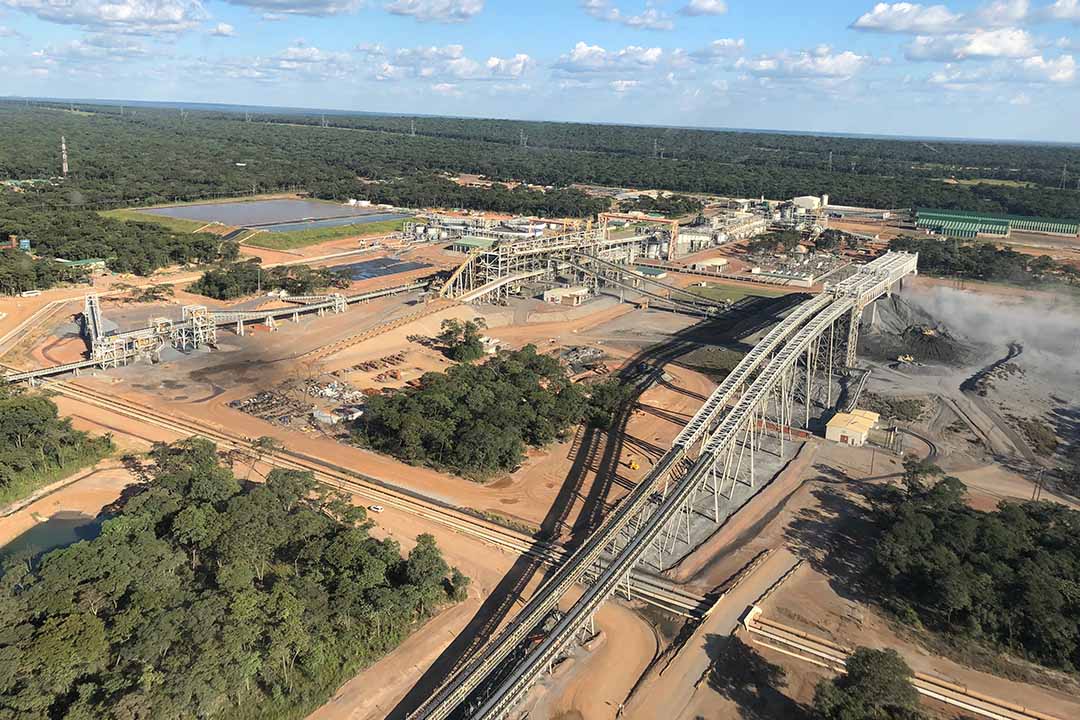With nearly 86% of its carbon dioxide (CO2) coming from coal, SA is one of the world’s most coal-dependent countries. It also produces nearly a quarter of the continent’s total carbon emissions.
Importantly, the country is subject to climate variability and change, effects that are compounded by dysfunctional municipalities’ limited ability to build climate resilience systems and ensure robust disaster risk management.

Considering these challenges, how visible is the private sector’s role in mitigating climate change? How can the private sector develop environmentally minded partnerships with local municipalities and position itself as an enabler of broad-based economic growth?
In some respects, the country has made notable strides in its transition efforts away from an overreliance on fossil fuels and towards renewables. The government’s National Climate Change Response White Paper, published in 2011, was the first to introduce the phrase “just transition” to the lexicon of SA policy.
As the Just Transition movement has gained momentum, the government has adopted several policy documents and developed several initiatives, including the Presidential Climate Commission in 2020. However, concern has been raised about the lack of coordination between the key stakeholders, specifically the private sector, local municipalities, and citizens. Simultaneously, this lack of coordination presents an opportunity for the three to forge a long-term and sustainable solution to climate change.
Lack of awareness
There is a disturbing lack of awareness of climate change in SA. The Afrobarometer round 9 survey (2023) indicated that only about 43% of respondents in SA had heard of the concept of climate change. This suggests that there are other underlying factors, such as lack of knowledge transfer and language barriers. Nonetheless, this ranks the country in the bottom 10 of the 34 surveyed countries in terms of awareness of climate change. Awareness is particularly low among women, people with limited education, rural residents, and the poor.
Of those who have heard about climate change, 71% said ordinary citizens can play a role in limiting climate change, and 63% believe the government must take immediate action to limit climate change, even if it is expensive, causes job losses, or takes a toll on the economy. Those who indicated an awareness of climate change were asked who was primarily responsible for limiting climate change, and 37% said the government, 36% said ordinary South Africans, and only 16% said business and industry.
This suggests that in the eyes of citizens, the private sector has not positioned itself as a key stakeholder in limiting climate change. It also indicates that respondents perceive themselves as key actors in mitigating climate change. This sense of agency and commitment to limiting climate change is intriguing and worth exploring. Given SA’s economic challenges, these sentiments should be viewed as an opportunity to transform commitment and agency into actionable plans.
With local government administrative instability, service delivery failures, and financial mismanagement highlighted by Good Governance Africa’s latest Governance Performance Index 2024 report, societal stakeholders bear the brunt of dysfunction, particularly amid escalating climate-induced natural disasters, which further strain government resources.
In this respect, the private sector has an opportunity to contribute to the decentralisation of the just energy transition. Ultimately, its success depends on meaningful coordination with the commitment of citizens at the centre. The private sector has an opportunity here to demonstrate its pivotal role as an enabler of economic growth that will benefit citizens.
Mpumalanga
Mpumalanga exemplifies the crucial role of the private sector in the just energy transition. The province accounts for 83% of SA’s coal production and is home to 12 of the country’s 15 coal-fired power stations. As such, residents of Mpumalanga have been most subject to the effects of coal production. According to a recent report by the Centre for Research on Energy & Clean Air, these emissions could result in 32,300 pollution-related deaths between 2025 and the power plants’ current envisaged end-of-life.
Despite its great potential for renewable energy generation from solar, wind, and biomass, Mpumalanga struggles with service delivery, and its local governance functionality is generally below the national average. As demonstrated by the contrasting performance of two municipalities in the province, this presents an opportunity for the private sector to increase its visibility.
According to the governance performance index, the Govan Mbeki Municipality has the highest average service delivery score in the province, while the Bushbuckridge local municipality has the lowest. What accounts for this difference? One explanation is the private sector’s role. Despite maintaining the highest score, the Govan Mbeki Municipality faces significant service delivery challenges, especially in the provision of electricity. For instance, in 2021, the Parliamentary Monitoring Group highlighted the fact that the municipality suffers electricity losses of 60%.
With the help of the private sector, the municipality is constructing pump stations, installing sewer lines and upgrading wastewater treatment plants. It encourages community members to submit their inputs in revising an integrated development plan, which includes proposed interventions in upgrading the sewage pump stations. This highlights the importance of public-private partnerships in service delivery.
The Bushbuckridge local municipality also faces service delivery challenges that have led to protests from dissatisfied community members demanding essential services such as clean water, electricity and proper sanitation. Compared with the Govan Mbeki Municipality, the partnership between Bushbuckridge and the private sector is less evident.
The way forward
The private sector has a significant incentive to contribute to improving the efficacy of local service delivery, though it must not become a substitute for the local municipality but a partner to ensure sustainable service delivery. One way is through investments in sustainable infrastructure projects.
The private sector can also collaborate with existing climate change initiatives by hosting quarterly civic engagement drives at primary and secondary schools, as well as in rural areas. This can familiarise residents with climate change issues, and thereby address climate change language barriers. This speaks to a broader initiative of decentralising climate change knowledge and terminologies.
A complementary initiative would be to introduce lekgotla dialogues that aim to enhance environmental consciousness. Lekgotlas are seen to be familiar and inclusive, help to reach a consensus on strategies, and empower citizens through participation and knowledge sharing — particularly for women and the elderly. These discussions should be followed by workshops that local municipal and community leaders can facilitate.
Lastly, investments in advanced water treatment plants and sanitation infrastructure can contribute to more efficient service delivery and climate change mitigation.
This article first appeared in Business Live on 15 April 2024.













